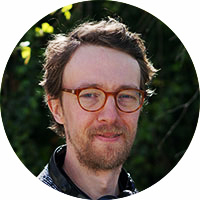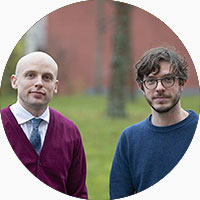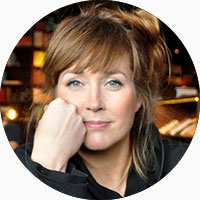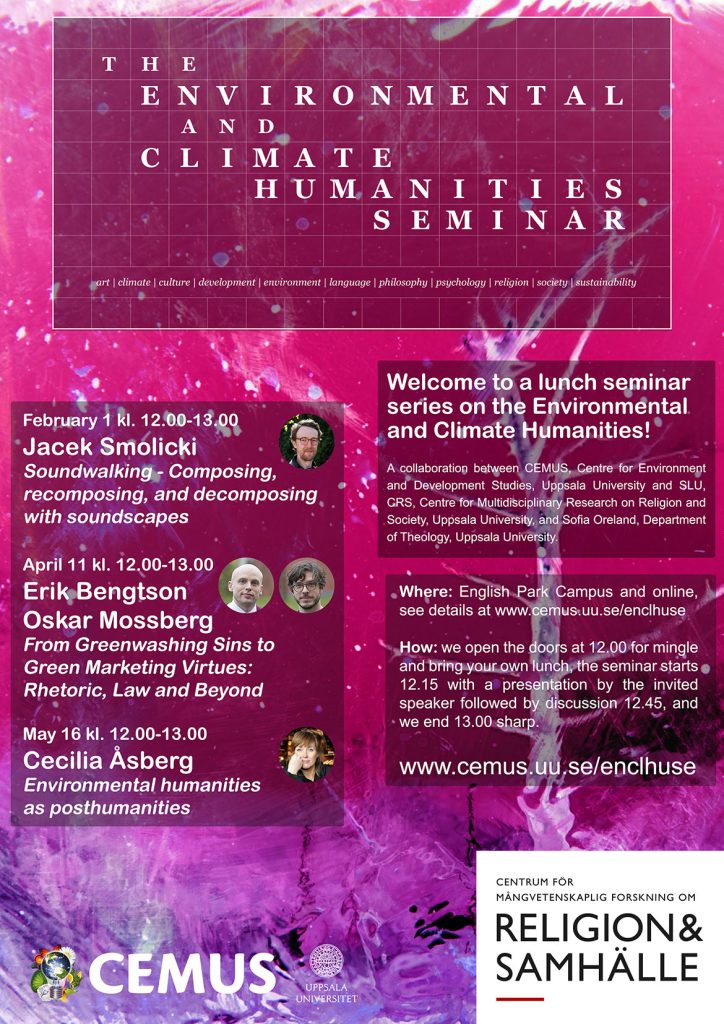Welcome to a three part lunch seminar series on the Environmental and Climate Humanities this spring 2024, starting February 1!
When: February 1, April 11 and May 16 kl. 12.00-13.00
Where: room 22-0031, see map here: https://link.mazemap.com/k1hn0pOx (same entrance as Humanistiska teatern), English Park Campus
Online: https://uu-se.zoom.us/j/66201001474
How: We open the doors at 12.00 for mingle and bring your own lunch, the seminar starts 12.15 with a presentation by the invited speaker followed by discussion 12.45, and we end 13.00 sharp.
February 1 kl. 12.00-13.00
Jacek Smolicki Soundwalking – Composing, recomposing, and decomposing with soundscapes
Moderated by Malin Östman, CEMUS

Bio
Jacek Smolicki is an interdisciplinary artist, researcher, designer and educator. His work brings historical, critical and existential dimensions to listening, recording and archiving practices in human and more-than-human contexts. Besides working with historical archives, media, and heritage, Smolicki develops other modes of sensing, recording, and mediating stories and signals from specific sites, scales, and temporalities. His work is manifested through soundwalks, soundscape compositions, diverse forms of writing, site-responsive performances, and audiovisual installations (e.g. Young Art Biennial, Moscow, In-Sonora, Madrid, Ars Electronica, Linz, Atlantic Center for the Arts, New Smyrna Beach, Holden Chapel, Harvard University, Vancouver New Music, Vancouver). He holds a PhD in Media and Communications from Malmö University and has recently completed a postdoc position at Linköping University. He has also been a guest researcher at Uppsala University, Simon Fraser University, and 2022/2023 Fulbright visiting scholar at Harvard. In 2019 he co-founded the Walking Festival of Sound, a transdisciplinary event focusing on the creative and critical potential of walking through and listening to our everyday surroundings. Smolicki is the editor of “Soundwalking. Through Time, Space, and Technologies,” published in 2023 via Routledge.
Read more: www.smolicki.com
April 11 kl. 12.00-13.00
Erik Bengtson and Oskar Mossberg From Greenwashing Sins to Green Marketing Virtues: Rhetoric, Law and Beyond
Moderated by Martha Middlemiss Lé Mon, CRS

Today, in light of climate change and shifting consumer demands, many companies portray their operations as the better choice for the environment. Such green promises have the potential to influence the choices of consumers and the business practices of commercial actors, thereby stimulating (less un)sustainable consumption and contributing to climate transition – but only if they are trusted. Widespread greenwashing instead leads to consumer skepticism, with the opposite results. That is the background for our interdisciplinary work, which examines green marketing communication through a combination of legal and rhetorical perspectives.
In this seminar, we will present our recent book The Virtues of Green Marketing: A Constructive take on Corporate Rhetoric (Palgrave 2023), where, instead of focusing on the negative examples, we envisage what virtuous green marketers should strive for. More specifically, we present a theoretical framework for virtue-oriented discussions of green marketing. The framework provides analytical tools for qualitative analysis of green marketing. It not only highlights the importance of communicative virtues such as transparency, balanced disclosure of relevant aspects, and the use of relevant authorities. It also considers the multiple effects of commercial rhetoric, including its capacity to shape values and self-understanding.
The book is openly accessible at: https://link.springer.com/book/10.1007/978-3-031-32979-1
Bio
Erik Bengtson (PhD in rhetoric 2019) is researcher at the Department of literature and rhetoric, UU and senior lecturer at Södertörn University. Beyond the field of environmental communication, he has contributed to the methodology of rhetorical argumentation analysis, incorporating concepts from semiotics, rhetorical epistemology, and theories of myth.
Oskar Mossberg (LL D in private law 2020) is researcher at the Law department, UU. He is deeply invested in interdisciplinary work and legal methodology. His home field is contract law, where his work has a particular focus on problems related to third party effects and other effects on the fringes of contractual regimes, including not least the kind of vague statements often prevalent in green marketing. A main theme in his current research is how to make green promises matter, as a matter of law.
Bengtson and Mossberg have worked together for four years, inquiring into the dynamics between corporate sustainability rhetoric and the regulatory system. They explore venues for fostering sustainable development, and implementing sustainability aspects within the private law framework.
May 16 kl. 12.00-13.00
Cecilia Åsberg Environmental humanities as posthumanities
Moderated by Sofia Oreland, Department of Theology

Bio
Cecilia Åsberg is Professor and chair of Gender, Nature, Culture at Linköping University, Sweden, doing more-than-gender Gender Studies across the divides of art, science, and everyday society. Since 2008, she is the founder and director of The Posthumanities Hub (www.posthumanitieshub.net) – a collaboratory for bringing art and science to the humanities, and transformative insight to society by webinars, workshops, creative projects and research schools. The Posthumanities Hub is a multi-university research group amidst the ecologies, biologies and technologies of the now, specialising in more-than-human humanities and arts of living on a damaged planet. Internationally recognized in feminist STS, environmental humanities and posthumanities in practice, Cecilia Åsberg has held professorships at Utrecht University (NL, 2005-2008), KTH Royal institute of Technology in Stockholm (2018-2021) and e.g. Rachel Carson Centre at Ludvig Maximilian University in Munich and Oslo Met University, NO. She inaugurated the Swedish environmental humanities research programme at LiU, the Seed Box 2013-2017 as programme director, and she has published extensively over the years.
Read more: https://liu.se/en/employee/cecas20
See archive with seminars from previous semesters here: www.cemus.uu.se/enclhuse-archive

